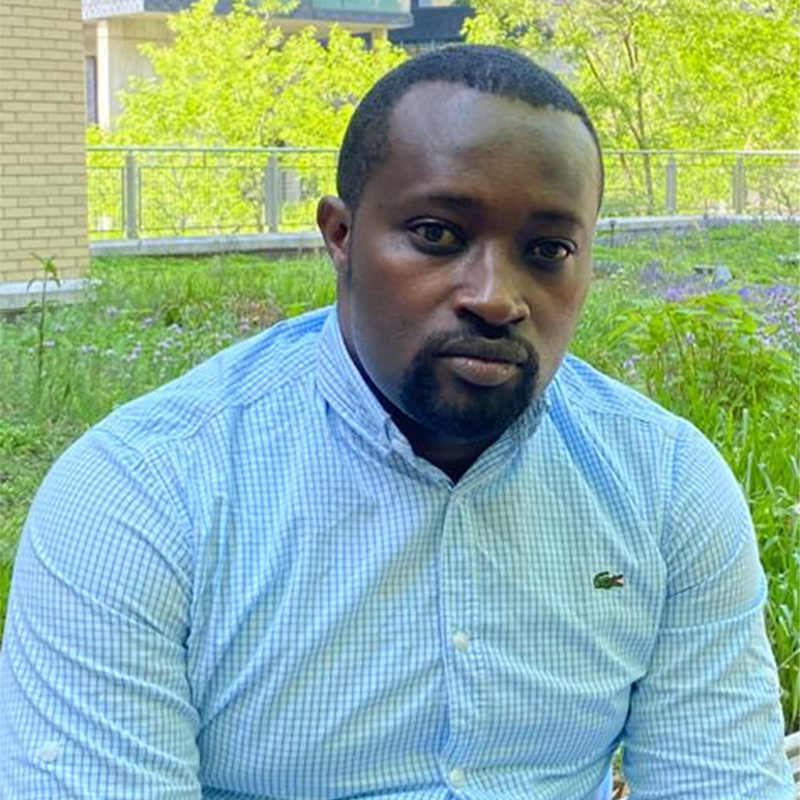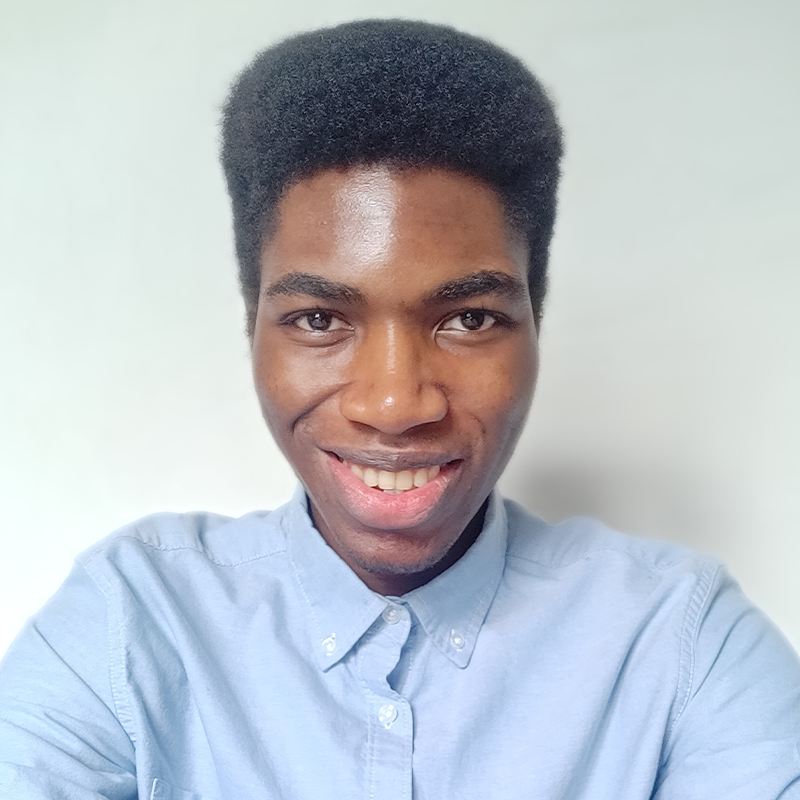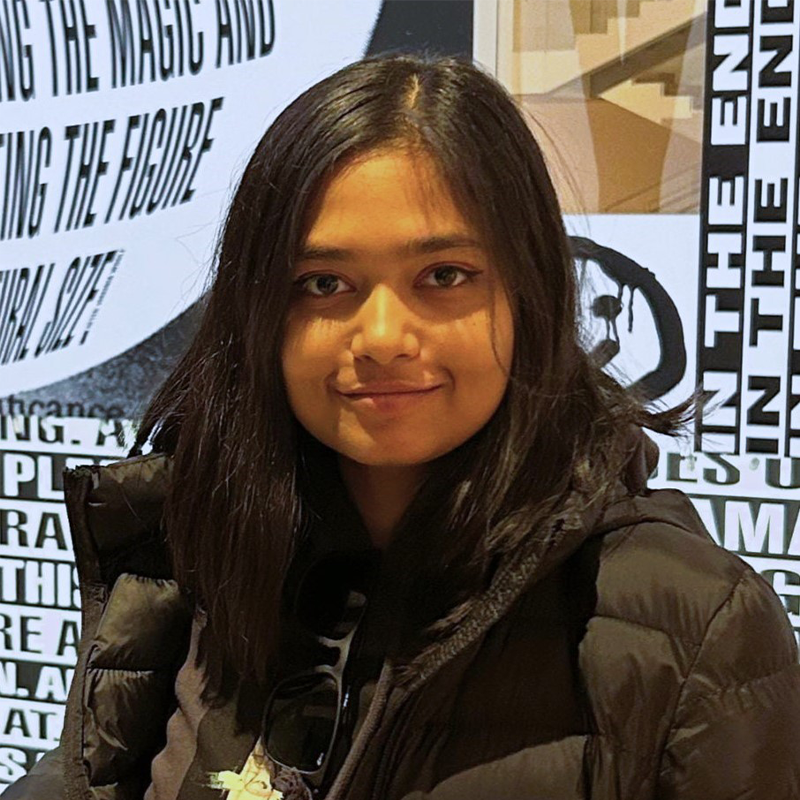2023-24 Steinbrenner Institute Doctoral Fellows
Learn about the 2023-24 fellows and their research below!
 Theobard Habineza (he/him)
Theobard Habineza (he/him)
Presidential Fellow | Email
Theobard Habineza is a PhD student in the Department of Mechanical Engineering and a member of Center for Atmospheric Particle Studies. He is jointly advised by Dr. Albert Presto and Dr. Allen Robinson. His background includes a bachelor’s degree in Electrical and Electronics Engineering and a master's degree in Atmospheric and Climate Sciences from the University of Rwanda. Before joining Carnegie Mellon University, Theobard worked as a Climate Change and Air Quality Technical Expert at Rwanda Climate Observatory under the management of the Rwanda Space Agency.
His research focuses on particulate matter (PM) chemical characterization and source apportionment in Eastern Africa and its comparison with the Global North. He is conducting an intensive real-time measurement campaign to quantify the concentration and composition of PM₂.₅ using the Aerosol Chemical Speciation Monitor (ACSM) in Rwanda. He is also planning to conduct integrated measurements using filter samples in different neighborhoods to understand the effect of the different land uses on air quality degradation in the Global South. Theobard is also exploring options to conduct mobile sampling with the ACSM and other regulatory-graded instruments to investigate neighborhood-scale variations and vertical concentration distributions of PM₂.₅ in hilly Kigali.
 Abdulhakeem Ahmed (he/him)
Abdulhakeem Ahmed (he/him)
Dunlap Fellow | Email
Abdul Ahmed is a PhD student in the Department of Chemical Engineering, advised by Dr. Ana Torres. In 2022, Abdul received his bachelor’s degree in Chemical Engineering from Rensselaer Polytechnic InstItute. His research relates to the design and optimization of sustainable circular economy networks. Currently he is assessing the life cycle of polyethylene terephthalate (PET) to determine optimal and viable circular networks spanning various pathways for production to varying recycling technologies for post-consumer PET. His work aims to build upon existing methodologies, providing quantitative metrics and a generalized framework that increases the current understanding of how we measure network circularity.
 Morgan Newman (she/her)
Morgan Newman (she/her)
Morgan Newman is a PhD student in the Department of Architecture and is advised by Dr. Nida Rehman. She graduated with her bachelor’s degree in Public Policy and Sociology from Vanderbilt University in 2019 and her master’s degree in Public Policy and Management from Carnegie Mellon in 2021. Her doctoral research works at the intersection of spatial and quantitative analysis, and architectural history to explore issues of racial and environmental injustice in the United States. Currently, her research examines and contextualizes how emerging practices in architecture and reparative design can be implemented in rural landscapes to create more sustainable and ecologically equitable communities in the Black Belt region of Alabama.
 Leenia Mukhopadhyay (she/her)
Leenia Mukhopadhyay (she/her)
Leenia Mukhopadhyay is a second-year graduate student in the Department of Chemistry from India. She holds a master's degree in Chemistry from the National Institute of Technology Jamshedpur, India. She is currently working under Dr. Carrie McDonough, and her research is focused on detecting and evaluating the presence of per- and polyfluoroalkyl substances (PFAS) in environmental matrices and biological samples. She is working on evaluating biomimetic materials for passive sampler development, which enables high-resolution analysis of PFAS in the environment, providing accurate and high throughput results. The goal of her research is to help in the understanding of exposure and bioaccumulation of organic contaminants in animals and humans.